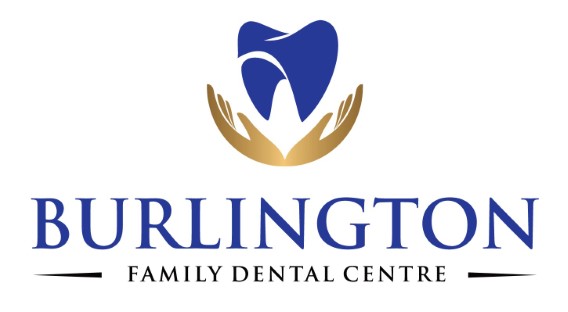TMJ, that clicking sound, pain in your jaw or headache that is often followed by pain, can be a real problem. In many cases it can be treated by exercises and other non-medical means, however persistent cases, or those where it becomes extremely frequent, may need something more. A lot of people don’t realize that the solution to TMD may be with the dentist.
How can you find the right dental professional to help you with TMJ treatment Burlington and whatever the underlying causes may be. Here’s how a dentist can help:
Diagnosing your TMJ disorder
An initial consultation may involve communication with you to understand your symptoms. Then, They can measure the range of motion of the jaw, look at your bite, listen and feel bone movement as the jaw is opened and closed and applying pressure to determine pain points. After that, a dentist will have a better understanding of what may be the underlying cause, and from there can order a number of procedures to find the precise cause of the pain.
Then, to get a better idea of what’s happening behind the scenes, a clearer picture of bone and joint structure that a superficial examination cannot provide, they will get some x-rays of your mouth.
How Can Dental Offices Treat TMJ?
Here are just some of the ways dental offices can treat TMJ:
- Using crowns, bridges and other restorations: Worn down, broken teeth can be restored and further decay and tooth problems can be avoided with natural looking, long lasting crowns and bridges.
- Nightguard: The destructive effects of teeth grinding can be prevented by wearing a custom fitted tray at night or during the day.
- Botox: Botox isn’t just for movie stars and cosmetic restorations! Through the use of Botox Therapy, we can help relax the muscles in your jaw that are causing the TMJ symptoms, headaches and migraines.
What is the Cost of TMJ treatment?
While TMJ is not covered by OHIP, during your consultation with the dentist, and based on their findings from the exam, they can give you an idea of the cost of the TMJ treatment. That cost is entirely dependant on the nature of the treatment, whether it’s using crowns, nightguards, Botox or other.
Remember That a Dentist Can Treat Your TMJ
If you are suffering from TMJ and it simply is not going away, or you find you are having very frequent TMJ pain, it is important to consult your dentist. They will be able to help identify the cause of your TMJ and begin treatment.

Trackbacks/Pingbacks